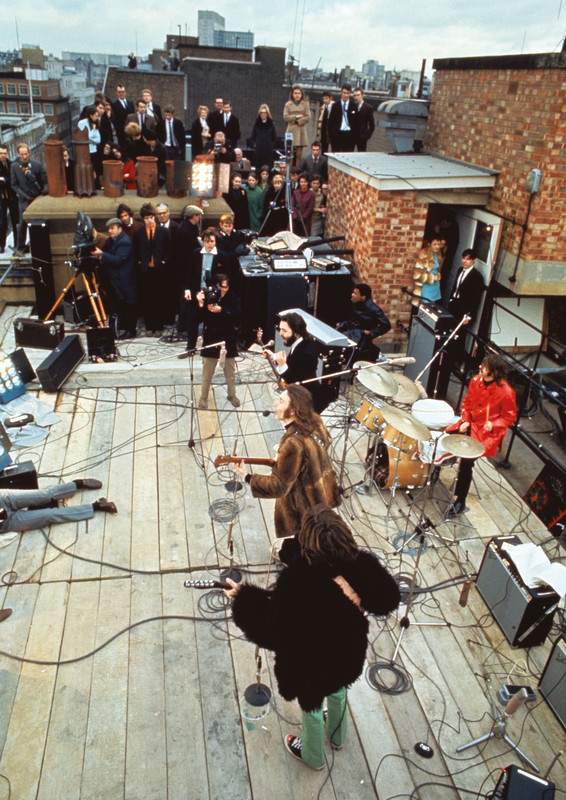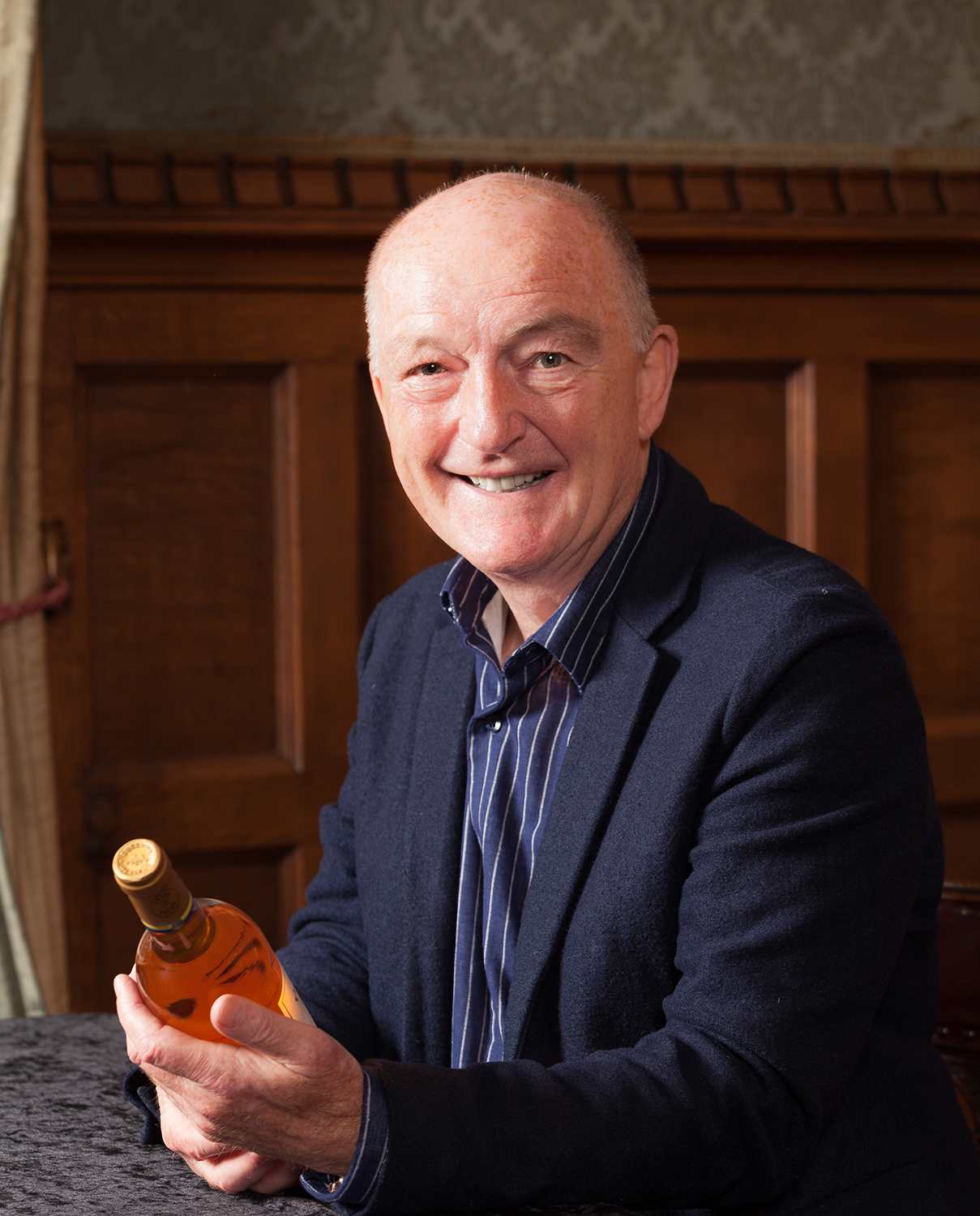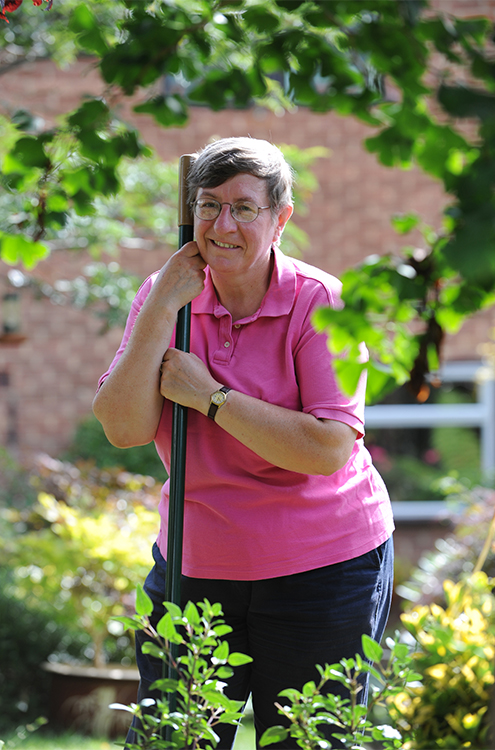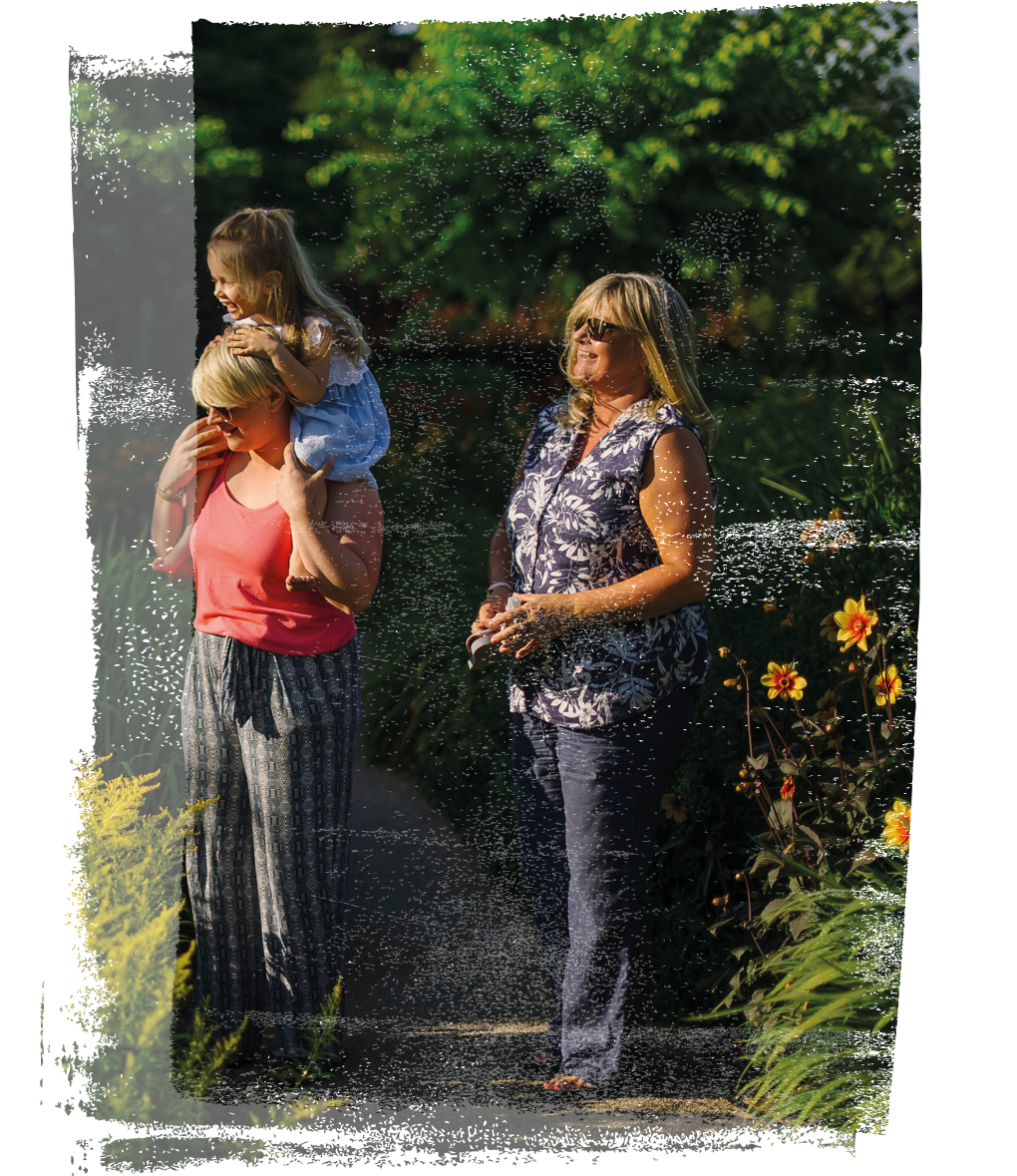Liz Nicholls asks singer Katie Melua a few questions about her musical icons & more ahead of her new album No. 8 being released and a UK tour this month.
Q. Congratulations on your new album! How do you feel about it now it’s about to be released? “I feel like it’s been a long time coming. We’ve been working on it for so long and can’t wait to share it with everyone. When you’re working on it it’s always tricky to sort of be able to tell completely objectively how you feel about it or what you think about it. Now the dust has settled you start to feel like you begin to see it properly, and begin to hear it properly. There’s always like the excitement of a new record and that’s kind of bubbling in the team, so I just can’t wait for it to be out there.”
Q. What lessons did you ponder about love, and what do you feel is the most powerful lesson to convey? “I looked at it from the perspective of a record maker and a singer/songwriter who has sung great love songs. And so from that perspective I felt like I had to say and have lines like ‘I think we’ve given love too much airtime”’ which is about acknowledging these love songs, but as I’ve got older the reality of life has shown me that when records just celebrate the early love and the passion of love and the sort of that angle of love like it’s not enough. I think it’s important to honestly observe your life and to put that into your music and your words. Another song on the record – How’d you make a love like that last – is about being just honest and asking ‘what have I actually seen?’. What is the reality in all the relationships that I’ve observed – both mine and those around me? There is a real gap between what I’ve seen in culture to do with love and what I’ve seen in reality and I’m interested in seeing how much we can bridge that gap.”
Q. What activities have helped keep you sane during lockdown, are there any habits you will now keep up? “Well I think I’m going to keep up the habit of taking photos. But really meaningfully. I learned to use a film camera to take photos for the album and the promo photos, I never worked with one before, I’ve grown up with a telephone / iPhone camera. The photographer Rosie Matheson taught me to use a camera and I got to shoot the album cover. It genuinely changed my perception of how I view my visual world around me because I realised there’s so many possibilities of which angles you use and what you put inside a picture. It’s like my visual senses have been heightened through learning to take photos, and I’ve actually just bought myself a camera. So I think I will keep up the habit of taking photos and just being a bit more perceptive of my visual surroundings.”
Q. You’ve spoken poignantly about your mental health before, how are you now and how do you maintain good mental hygiene? “Thank you for asking, I’m feeling really good. You know I was sick in 2010, and I’ve had a really healthy recovering and I’m grateful for it, and I’m also grateful that it happened. And how do I keep my mental hygiene – well in a way the fact that I got sick is what keeps my mental hygiene because I’ve realised how the brain can break, basically, and I place a great deal of importance on my health, on not overworking, on just respecting my mind and my body, and my energy and really paying attention to it, and doing good things, things that I love and being kind to people.”
Q. I know you lived in Surrey for some time. What did you enjoy most about living in Surrey? “I used to live on Nutfield Road, up on top of that hill. I didn’t really used to hang out there much because we moved there when I was just starting Brit School, and so I tended to get the train from Redhill to Selhurst, change in East Croydon. I was always at the train station in Redhill! Because we were on top of the hill the view of the Surrey downs was incredible. Very close to our house there was a lake with water sports, and we’d go out on canoes and windsurfing.”
Q. And obviously you’ve played in Guildford quite a few times haven’t you? “Yes I have. And actually the shows we did there with the Gori Women’s Choir were brilliant. Mind you, my first show was there as well, supporting The Planets I think. Good memories, yeah, really good memories.”
Q. You’ve been compared to your namesake Kate Bush; would you like to work with her and are there any other dream collaborations or icons you’d like to meet? “Kate Bush is the ultimate icon. I would blow my head off if the possibility of working with Kate Bush came around. Are there any others? Yes, of course – I love Bob Dylan, I love Joni Mitchell. I think Laura Marling is brilliant, but you know what’s interesting is there isn’t a great deal of communication between artists, like we tend to keep to our own spaces, which is a shame really. But everyone works in their own cycles and I think that’s what makes it difficult. An artist can spend – years making an album and the work is very engulfing. It’s tough to form friendships because you could become friends one season, and then you could go off on tour for 6 months? And then you come back and then they’re on tour. And even at festivals the schedules are usually too relentless so you aren’t hanging out backstage.”
Q. What’s your first ever memory of music? “It is of my mum playing Beethoven’s Moonlight Sonata on the family piano in Georgia when I was four or five years old. I can still picture it. There was a power cut so there were a couple of candles and I remember hearing that thing of beauty, you know in something that was so emotional and something that I couldn’t touch and I couldn’t see, and the melody just piercing me in the darkness, it was majestic.”
Q. What are your three favourite pieces of music? “Just My Imagination by The Temptations, because I think it is the most exquisite pop record. It’s like a sweet, divine movie that you see, and the vocals and the lyrics are done perfectly; they’re super subtle, they’re completely clear, they’re really bitter sweet, they’re about imagining a lover that the protagonist can’t have. And then the music just is draped around that in the most extraordinary way, and it’s got a great groove but it’s not too loud – it’s just perfect. My next piece would be Mourned By The Wind by Giya Kancheli, which is a classical piece of work, and I actually heard it live performed by the London Philharmonic Orchestra at the Southbank Centre. When I first heard it, it was an out of body experience, because it’s incredibly delicate in parts and then there are certain sections that are mind-blowingly – they hit you like the whole orchestra strikes. And finally I Remember by Molly Drake, Nick Drake’s mum. I just adored the philosophy in this song – it had the most beautiful lyric ‘I remember fire light, and you remember smoke’. You can tell her music and her songwriting influenced her son, it’s just perfect. I feel like her work and Nick’s work defines that sort of indescribable English quality, which is sort of subtle and delicate.”
Q. Your tour is due to visit Berkshire and Oxfordshire, do you know this part of the world well and if so any places you would like to visit? “I played at Blenheim Palace a lifetime ago, but I didn’t get a chance to explore much which is a shame. I just love the English countryside, and I actually worked for three weeks completely alone in a cottage in the Cotswolds. That’s where I completed a lot of the lyrics for the new record, and I think it’ll always be in my heart actually. I had an amazing time just being on my own for three weeks. I didn’t have a car, the nearest pub was a half an hour walk away, and I had a cottage that was generously lent to me by an old friend… for three weeks obviously, not forever [laughs].”
Q. Who would be your six dream dinner party guests, living or dead, real or fictional, and why? “I would say Virginia Woolf; her writing is a big inspiration to me. To The Lighthouse is my favourite book – how she describes life is I think one of the greatest things in western art. There’s a dinner scene in To The Lighthouse where she describes the fruit and the food on the table, and the light in the room and it’s just majestic. So, having someone like that who was such a keen observer of life is a must. I would also have Pina Bausch, a German choreographer who revolutionised modern dance. I love her way of working, how she explored male and female relationships and how she made commentary on it through her dance pieces. Her parents were restaurant owners, so she spent her childhood kind of hiding under tables observing life under the table at a restaurant, and then I think that’s where she developed her kind of – that’s what inspired her. She trained as a ballet dancer and then she was given the job of being the head choreographer at the Wuppertal dance theatre company. I saw her dance once. Maybe I Dreamt It on the new album is inspired by her. The third would be Bob Dylan. I love Bob as an artist – I love the idea of Bob, the character that we have of him on records. I especially love his love songs about women like Time After Time and Lay Lady Lay. I think it would be lovely if my guests are all at the same age that Bob might fall in love with one of my guests and might write a song about her. So we’ve had a writer, a choreographer, we’ve had a musician – let’s go for a painter. Levan Lagidze who is a legendary Georgian painter, a living legend. I know him, and I have a relationship with him where we converse about his work and the process of creating, and I find talking to him really fascinating – we talk about art, we talk about life, and I know the conversation with him will always be fascinating and funny. Next one, okay we should have a scientist! Let’s have… let’s have Newton. Why Newton? Because I loved physics at school, it was my second favourite subject at school after chemistry. His university life was interrupted due to the plague, and it was when he was at home he saw the apple fall and had a major discovery from that – I’m sure obviously that’s not what actually happened, I’m sure it was a build-up over years and years, so it would be nice to sort of hear the full story about his discoveries. And my final guest would be my grandma, Tamara (called her Babula; a Russian term for it) who passed away a few years ago. But she had a heavy influence on how I sing. From a very young age, she would always get me to sing for her in the kitchen – she was always the only audience. And at the age of six or seven, she’d give me proper critique that I could take like an adult, she never kind of molly coddled me – and she always told me to sing from the heart, and I think she really enjoyed doing that.”
Q. Do you celebrate Halloween at all? Is it a time of the year you enjoy? “I love Halloween! As a teenager I just adored Halloween, and I loved doing Halloween parties. I once did a Halloween party where I invited a ghost story teller, and around 15 friends and we listened to ghost stories – but we were about 23.”
Q. If you could make one wish for the world, what would it be? “I think for all of us to pay attention to our moods a little bit more, and go easy on ourselves… yeah, go easy on ourselves as humans because I think we’re alright.”


















